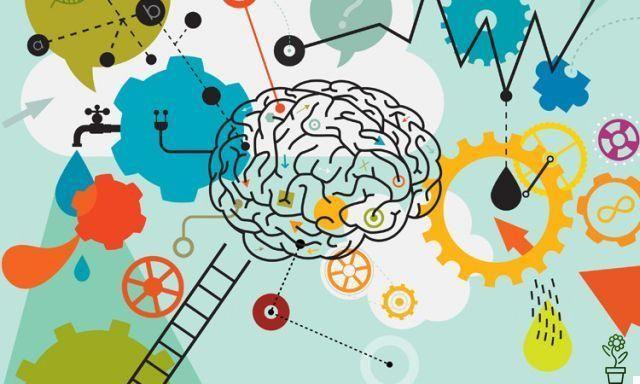
We usually think that our memory is like a huge warehouse where our memories are safe. Indeed, in a sense it is. Memory is like a warehouse where our memories are cataloged and labeled. But it is not a perfectly organized warehouse and memories are often mixed or confused with experiences that other people have told us or that we have dreamed of. Therefore, it is not surprising that psychologists at the University of Warwick found that half of people remember events that never actually happened.
Tell me something that never happened and I will remember it
More than 400 people participated in this study who were implanted with false memories, such as taking a balloon ride in childhood, a heavy joke on a teacher, or causing an accident during a wedding. What the researchers did was simply to talk about these events by associating them with other real facts from people's lives, later 30% of the participants claimed to "remember" those false events and even provided further details on what had happened. Another 23% said at first they didn't remember what happened, but then said they remember it.
However, the images of the alleged facts, contrary to what one might think, did not reinforce the memories but made the participants doubt. Psychologists believe that the images cause the person to try less to recreate the event in his memory, so it is more difficult for him to accept it as his own and be able to connect it with other experiences.
In fact, another study conducted at the University of California found that people who practice mindfulness meditation are more likely to remember things that never happened. This would be due to the fact that this type of meditation focuses on inner experiences and analyzes the mental process, in such a way that people may find it more difficult to distinguish between their real and imagined experiences.
It is easier to implant false memories when they evoke negative emotions
In another experiment conducted at Maastricht University, psychologists worked with 76 children between 7 and 9 years of age. The children were asked to remember the events that took place the previous year and imagine a neutral and a negative event.
A week later they returned to interview the children and asked them about the three facts discussed in the first meeting. Curiously, 74% of the children developed false memories, especially when they had a negative emotional imprint, such as when they imagined being harassed by a classmate.
Researchers believe that even as adults they are not immune to this effect. The key would be that neutral memories are not stored in the same place as negative experiences. In reality, the negative memories or facts that we imagine establish a greater number of connections with the already existing material, so it is likely that remembering them will activate other similar memories, which reaffirm the fact even if this is false.
False memories can help us resolve some problems or conflicts
False memories are a construction of the mind, even if we remember them as real. They are produced because memory is not a passive process, but is constantly evolving, changing and rebuilding itself. Our memory is fallible and prone to distortion. This also means that he is manipulable and susceptible to anything others tell us.
At first glance, the unreliability of memory may seem bad, but City University psychologists say it doesn't, or at least it has a silver lining that we can use to our advantage.
On this occasion, the researchers worked with 30 adults and 30 children, who had to memorize four lists of ten words each and then try to remember them. Each list consisted of related words, although some lists contained neutral words such as "paper" and "table" and others related to survival, such as "fire" and "death".
Later, a series of puzzles consisting of different words had to be solved, but the solution was in the previously memorized words. The interesting thing was that whoever remembered more false words solved the puzzles faster. This effect was even more pronounced when the words had a negative emotional impact.
Psychologists say that when our memories are related to concepts or experiences in relation to each other, false memories can appear, but these are not necessarily negative and can help solve some problems or deal with some conflicts, even if we are not always aware of them. .


























